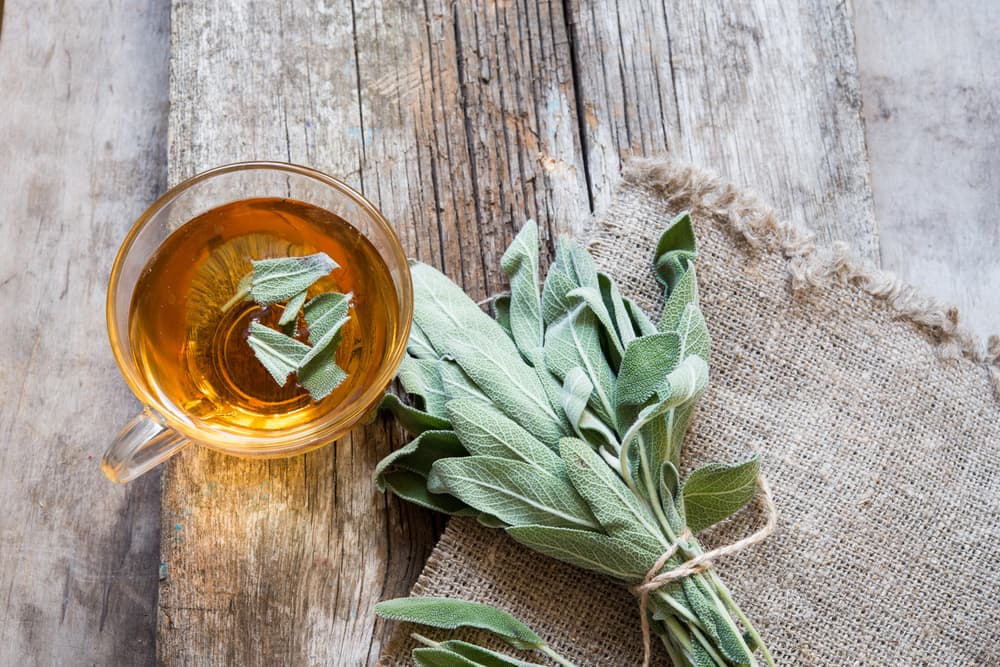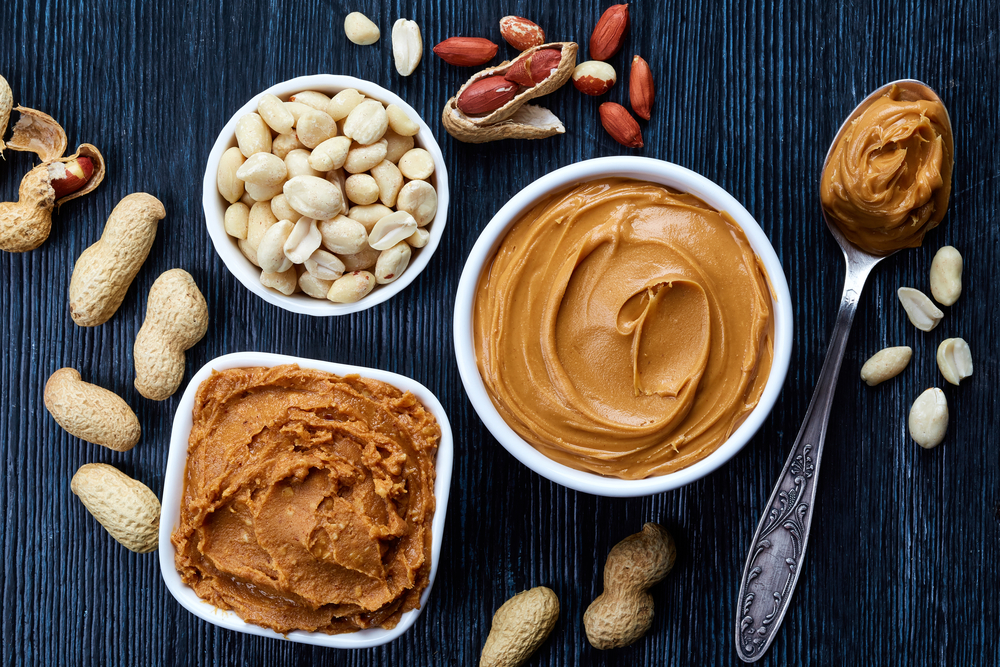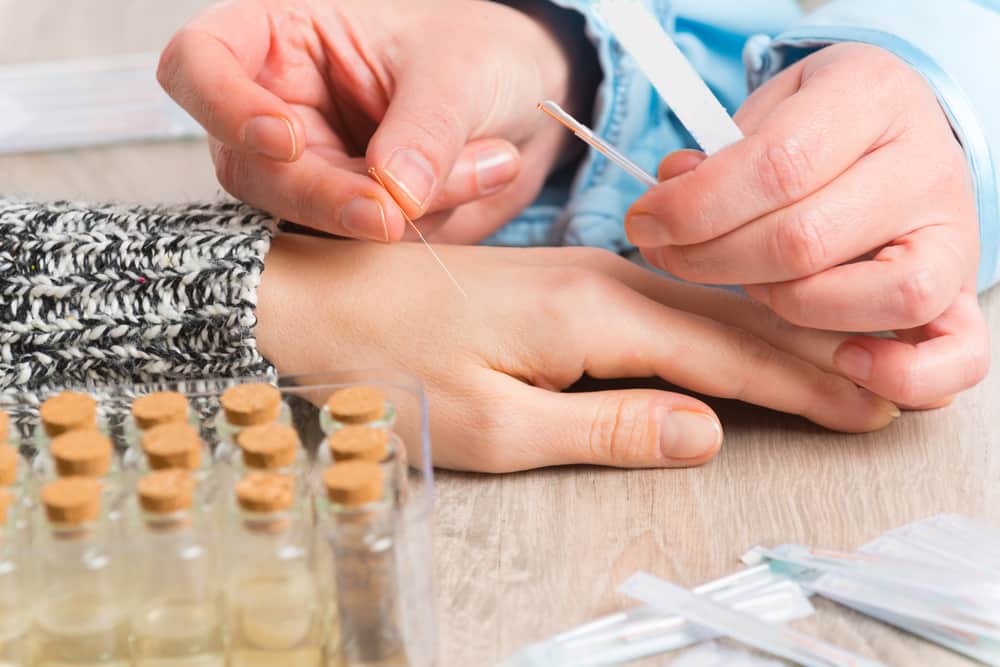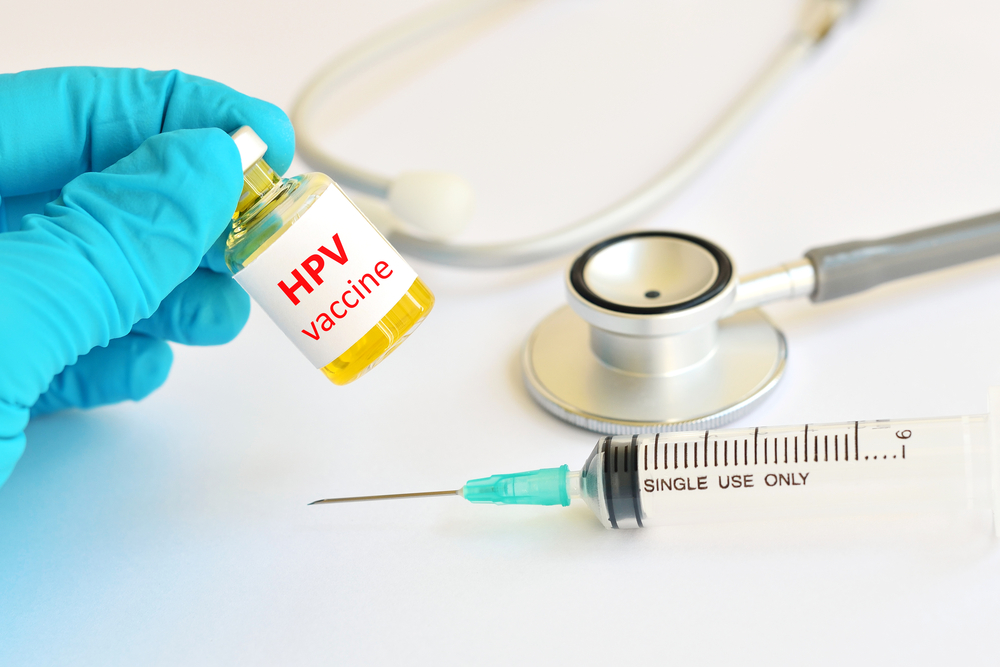Contents:
- Medical Video: Natural Cancer Killer That is 10,000 times Stronger than Chemotherapy
- What are the health benefits of elephant trunk leaves?
- Is it true that elephant trunk leaves are effective for treating cancer?
- Do not carelessly drink elephant trunk tea if you are chemotherapy
Medical Video: Natural Cancer Killer That is 10,000 times Stronger than Chemotherapy
Herbal remedies formulated from leaves, bark, fruit, flowers, and fragrant roots have been used since the time of the ancestors to cure various diseases. One of the herbal medicines that has recently been marketed is the elephant trunk leaves, which have a latin name Clinacanthus nutans or dandang gendis in Javanese.
What are the health benefits of elephant trunk leaves?
The leaves of the elephant trunk are often boiled to drink the water several times a day, or the leaves of the stew used as cold compresses. At first the elephant trunk leaves were used as medicine to cure snake bites. This benefit comes from the anti-lysis properties of the leaf cells. Lysis itself is a process of cell damage or rupture as a result of external conditions, such as snake bite poison. Elephant trunk leaves can also be used to treat scorpion bites and an itchy rash allergic reaction to nettle leaves.
But over the times, more and more studies have reported that elephant trunk leaves have antiviral, anti-inflammatory, and antioxidant properties that are useful for overcoming a number of certain diseases. In China, this plant is used to treat inflammatory conditions, such as hematomas, mild concussions, sprains and sprains, as well as rheumatism.
The elephant's trunk leaves are also believed by Chinese herbalists to treat fever, malaria, vertigo, PMS pain, anemia, jaundice, as well as fracture therapy. In Indonesia and Malaysia, this leaf is widely used to treat asthma, dysentery, dysuria (pain or burning during urination), and diabetes.
Various clinical trials have also been carried out to determine the efficacy of this leaf extract to treat genital herpes wounds. In general, herpes skin wounds take 3 days to ripen crusty, and can heal within 7 days. The researchers found that skin infections in herpes patients who were supplemented with dandang gendis leaves recovered more quickly than the group of patients who were only given placebo drugs. In addition, the extract shows the same efficacy as the antiviral drug acyclovir, which is usually prescribed to treat herpes infections.
The leaves of the elephant trunk are even predicted as alternative cancer drugs that work similar to chemotherapy drugs thanks to their antioxidant and anti-cancer properties. For years, plant alkaloids have been a source of compounds used in modern chemotherapy. Taxol, a breast cancer drug, for example, is mixed using the extract of the bark of the plant Taxus brefiola (Pacific Yew).
Is it true that elephant trunk leaves are effective for treating cancer?
Although no one has been able to determine what is actually the cause of cancer, exposure to free radicals is suspected as one of the main factors. Too much free radicals in the body can cause the body to experience oxidative stress, which triggers various cell damage in the body and causes various kinds of chronic diseases, including cancer.
Elephant trunk leaves are known to contain high antioxidants, such as terpenoids, flavonoids, steroids, saponins, phenolic acids, and tannins. Antioxidants have long been known to benefit from counteracting free radicals in the body so as to prevent the domino effect that can cause cancer. Elephant trunk leaves are also reported to have anti-proliferative properties that can help slow the spread of cancer cells and their level of metastasis. Thanks to this anti-cancer claim, there are also many healthy people who routinely consume elephant trunk herbal tea as an effort to prevent cancer.
However, scientific evidence to support the benefits of elephant proboscis leaves to treat or prevent cancer is still not strong enough. The findings above are still presumptive because they are made based solely on the test of cancer cell cultures in the laboratory. Therefore, further research is still needed to strengthen this benefit claim.
Do not carelessly drink elephant trunk tea if you are chemotherapy
Consuming herbs and herbal medicines as a complementary alternative to chemical drugs (both prescription and non-prescription) is okay. Herbal medicines in the form of decoction are relatively safe to consume because toxic substances that may be contained have undergone chemical structure changes.
It's just that, tell the doctor first if you intend to consume elephant trunk leaves while undergoing cancer treatment. If you happen to drink this herbal tea at the same time while undergoing conventional chemotherapy, the effect of additional chemotherapy from the leaves of the elephant's trunk is suspected to increase toxicity to the organs of the body.
Herbal supplements also should not be taken carelessly because each person's reaction to drugs can be different from each other. Although they have the same complaints, not necessarily herbal medicines that turn out to be suitable for you will provide the same benefits to your child or neighbor. Therefore herbal medicines should only be consumed to maintain health, restore disease, or reduce the risk of illness - not to cure. To cure diseases, prescription drugs are needed.












